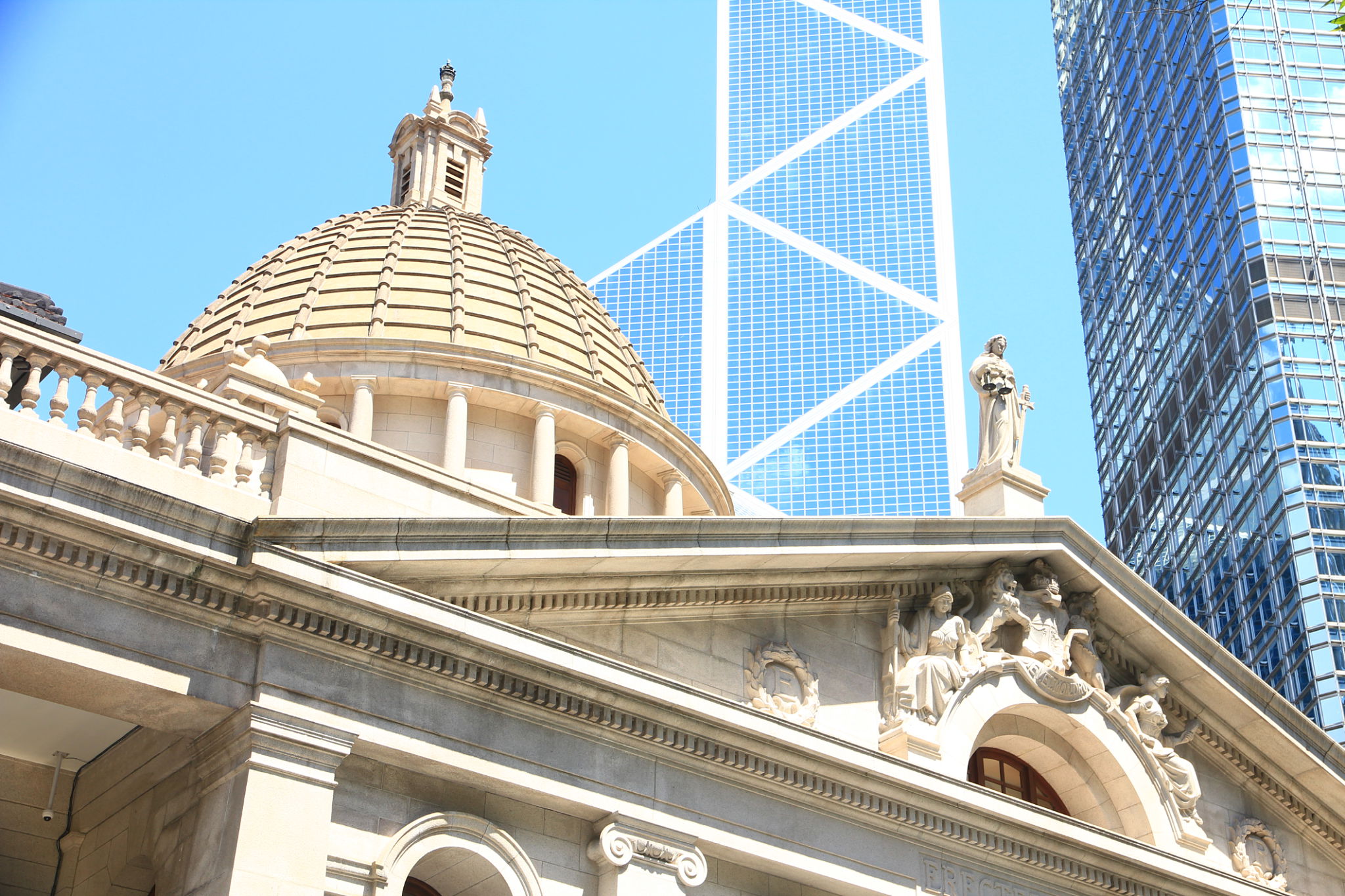Legal Considerations for Real Estate Developers in Hong Kong
Understanding the Regulatory Framework
Real estate development in Hong Kong is governed by a comprehensive set of regulations and legal requirements. Developers must navigate these to ensure compliance and successful project completion. The regulatory framework includes zoning laws, building codes, and environmental regulations, all of which are crucial for developers to understand thoroughly.
One of the primary considerations is the Town Planning Ordinance, which dictates land use and development control. This ordinance ensures that land is utilized optimally, balancing residential, commercial, and industrial needs. Developers must be familiar with the zoning plans for the areas they are interested in, as these plans dictate what can and cannot be built.

Land Acquisition and Ownership
Acquiring land is a critical step in real estate development, and in Hong Kong, this process can be complex due to limited land availability and high demand. Developers should be aware of the procedures for acquiring land through auctions or tenders, which are typically conducted by the government.
Understanding the types of land ownership is also essential. Leasehold is the most common form of land ownership in Hong Kong, where the government leases land to developers for a specified period. Developers need to consider lease terms and renewal options as part of their long-term planning.
Leases and Land Premiums
Lease conditions often include clauses related to land premiums, which are payments required to alter the permitted use or maximize the development potential of the land. Calculating and negotiating these premiums can be a complex process, necessitating expert legal advice.

Environmental Considerations
Environmental sustainability is a significant concern in real estate development. Developers must comply with various environmental regulations aimed at minimizing the impact on Hong Kong’s natural landscape. The Environmental Impact Assessment Ordinance requires developers to conduct assessments and obtain approval before proceeding with certain types of projects.
Additionally, developers are encouraged to incorporate green building practices. This not only helps in meeting regulatory requirements but also enhances the marketability of the property by appealing to environmentally conscious buyers.
Sustainable Development Practices
Implementing sustainable practices involves using energy-efficient materials and technologies, which can reduce operational costs in the long run. Moreover, embracing sustainable development can strengthen a developer’s brand reputation and contribute positively to Hong Kong’s environment.

Legal Disputes and Resolution
Legal disputes can arise during various stages of real estate development, from land acquisition to project completion. Common issues include contractual disputes, zoning disagreements, and construction defects. Having a robust legal strategy in place is crucial for addressing these challenges effectively.
Developers should engage experienced legal counsel who specialize in real estate law to navigate disputes and ensure compliance with local regulations. Alternative dispute resolution methods such as mediation or arbitration can often provide efficient solutions without resorting to lengthy court proceedings.
Risk Management Strategies
Incorporating risk management strategies can help developers anticipate potential legal issues and mitigate their impact. This includes conducting thorough due diligence during the planning phase and maintaining clear communication with stakeholders throughout the project lifecycle.

